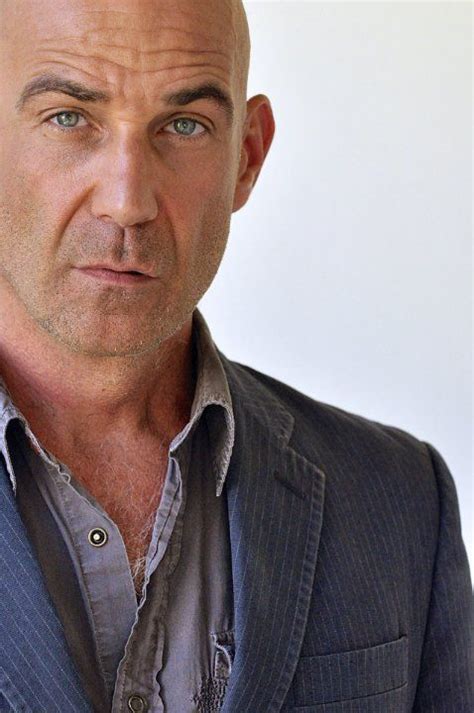A Quote by Nick Davies
Reporters have to use their imagination, really put themselves in the shoes of the person they want to interview.
Quote Topics
Related Quotes
I think there was, like, a childhood moment where I had to pick shoes, either non-marking or marking shoes. The marking shoes were Spider-Man shoes. I'm like, 'Well, I want the Spider-Man shoes.' But I also didn't want to mark the court; I want to be able to play. I chose the generic, non-marking shoes.
Henry Corbin creates the world - most of all his examination of the imagination and what the imagination was for him. Some philosophers would think of the imagination as a synthetic ability, how you put different things together. Artists more think of the imagination as creativity. So I really like the way that he presents the imagination as a faculty that allows one to experience worlds that are not exactly physical but are real nonetheless.
You almost have to step outside yourself and look at you as if you were someone else you really care about and really want to protect. Would you let someone take advantage of that person? Would you let someone use that person you really care about? Or would you speak up for them? If it was someone else you care about, you'd say something. I know you would. Okay, now put yourself back in that body. That person is you. Stand up and tell 'em, "Enough!
































